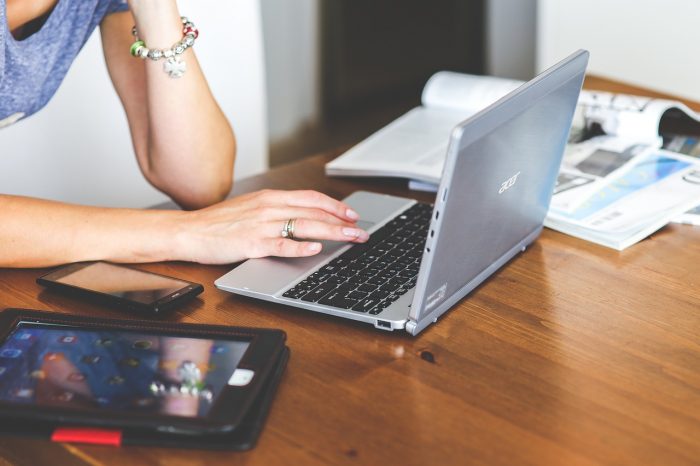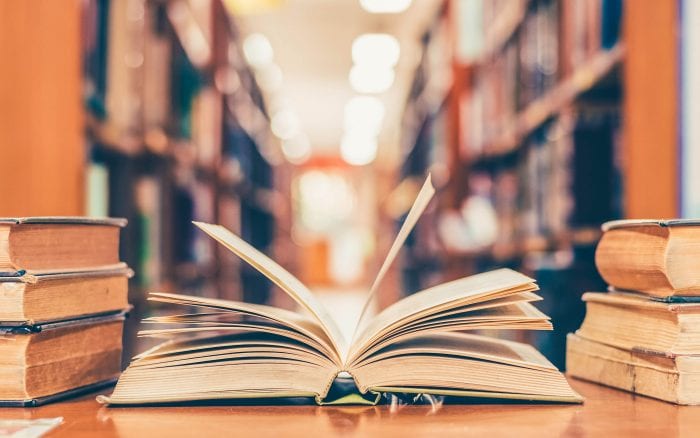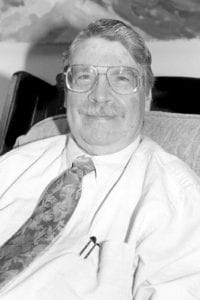By Daniel Dunaief

When we don’t know how to reprogram our remote control for our garage, search engines like Google can not only offer a written explanation, but can also provide videos with step by step guides that make even the least mechanical people — okay, me —barely competent.
Yes, I can change most light bulbs. Let me rephrase that: I can change most conventional light bulbs. For whatever reason, the fluorescent ones that require turning them at exactly the right angle befuddle me.
Google can also help us find ways to improve our daughter’s softball swing, can explain the Pythagorean Theorem, and can give us quizzes to help us prepare for important exams in school.
When we don’t know the history of an important event, when we want to find some information about someone before we go to a job interview, or when we are curious about what other movies someone who looks vaguely familiar in a streaming show has also been in, we can type their names and find instant answers.
And yet, shockingly, Google and other search engines have their limitations.
Search engines connect the words we’re looking for to the information, or misinformation, available online. These engines don’t have a fact filter, a scientifically proven filter, or an incontrovertible truth filter. It’s up to us to decide whether what we see or read is valid.
In fact, I would advocate for a high school class on information vs. misinformation, giving students a chance to think for themselves to spot online fakes. Most teenagers and 20-somethings, for example, can spot an altered photograph based on the unusual shape of an arm, different shading patterns, or, perhaps, a turn in a shoulder that defies our normal biological range of motion.
When people are in panic mode about a rash, the sudden onset of vague symptoms — a high fever, fatigue and muscle aches, perhaps — they sometimes race to plug those symptoms in to a search engine in the hopes of self diagnosing.
While that might save them the trouble of going to an emergency room in the middle of the night, where they could have to wait hours to see a medical professional, the use of a search engine can also create unnecessary anxiety and frustration or provide a false sense of security.
A search engine diagnosis that indicates you or your loved one might have some horrific disease likely raises your blood pressure and may cause you to drive erratically to a hospital.
A friend of ours once received a horrific call that his daughter was injured at school. During a long and excruciatingly painful drive through the night, he set his cruise control to the speed limit, despite his urge to drive 100 miles per hour. He recognized that he wouldn’t do himself, his family or his daughter any good by getting into a car accident or endangering the lives of others on the road during that painful trip. Fortunately, his daughter made a complete recovery.
Such rational thinking on the part of someone in intense distress, however, may not apply when people make a search engine diagnosis.
Recently, I spoke with Dr. Sharon Nachman, Chief of the Division of Pediatric Infectious Disease at Stony Brook Children’s Hospital, about several different viruses. I suggested to her that the symptoms for different conditions seemed remarkably similar, with the kinds of general physical discomfort, fever, and aches dominating the list, making it difficult to come up with an accurate diagnosis.
“That’s why Dr. Google is not the right answer,” Dr. Nachman said.
For illnesses or symptoms that rise to the level of genuine concern, people should consult physicians who can test for a range of potential problems, ruling out conditions until they come up with an informed diagnosis.
In some cases, time is of the essence, with drugs like Paxlovid providing effective relief for Covid-19 within a limited time window, or Ttaamiflu offering the most effective benefit for people with the flu within 48 hours of the beginning of symptoms.
And, while Google may help with your science homework, the search engine may prove especially useful in directing you to experts at hospitals or urgent care centers who can interpret your symptoms and offer an informed diagnosis.







